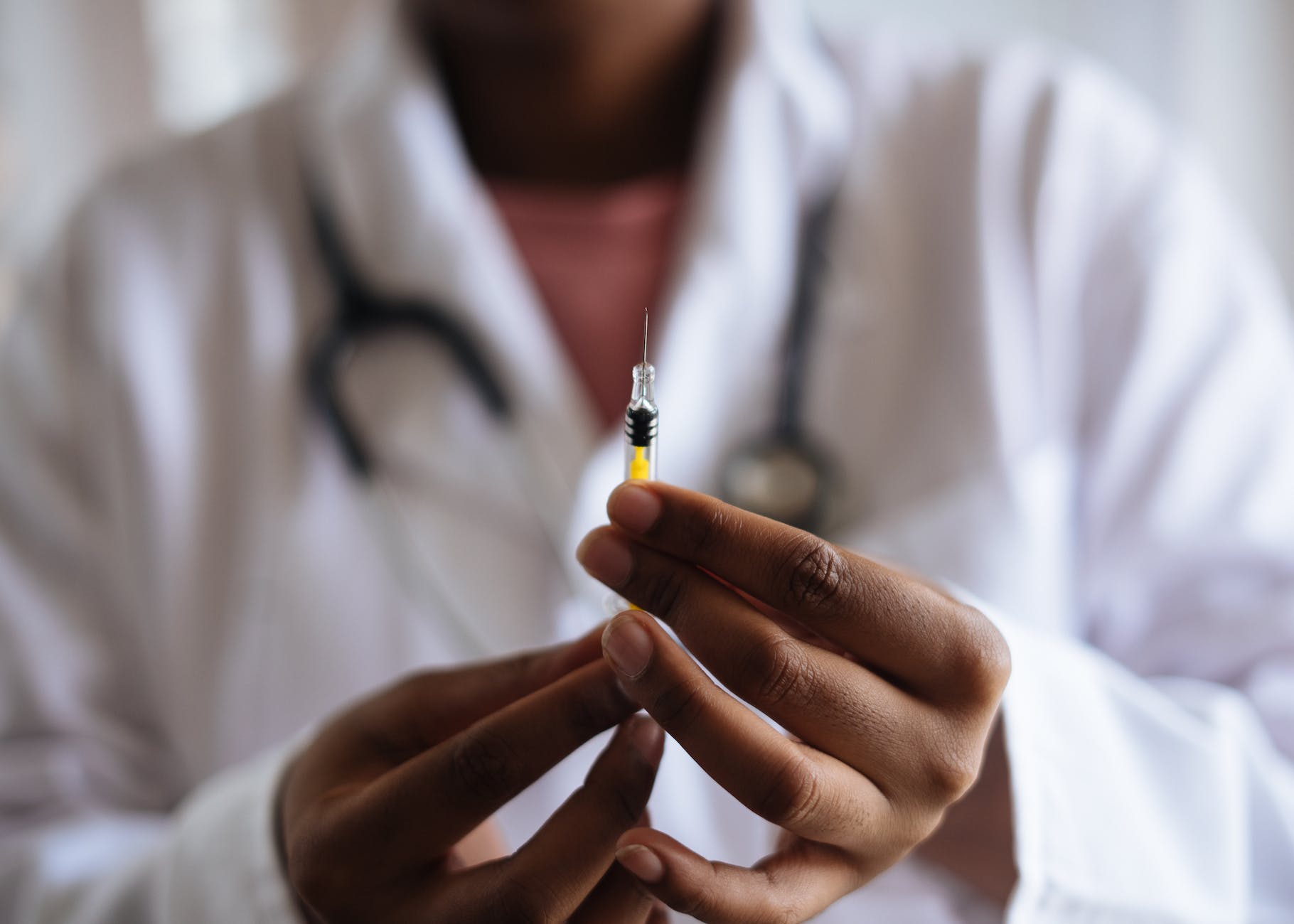
Implications of Telehealth
Covid-19 forever changed the way in which many of us carry out our daily lives. From wearing masks and gloves in grocery stores, to working a 9-5 job remotely, Covid-19 undoubtedly made its mark on the world. One notable effect of Covid-19 was on the healthcare industry, as the rapid spread of the disease caused health care providers to see their patients virtually. While not the most ideal situation, it nonetheless provided patients with the ability to speak with a doctor about their medical needs.
What Is Telehealth?
Telehealth, also referred to as telemedicine, is the facilitation of healthcare-related services via electronic communication. Usually conducted via mobile phone, tablet, or laptop, telehealth allows for patients to receive care, prescription medication, messaging, consultations, and results virtually.
Benefits of Telehealth
It is unsurprising that telehealth has remained so popular even with the decline of Covid-19, as it is incredibly convenient. Some of the most desirable benefits include:
- Avoiding long waits in doctors’ offices
- No need to commute
- Decreased exposure to Covid-19 and other diseases
- Increased access to specialists who are not local to you
- Ability to meet virtually in the comfort of your own home
- Generally at a decreased price than an in-person visit
Standard of Care and Licensing Requirements
Every state has unique requirements and regulations for the standard of care in telehealth, but they all generally fall under the same principle that the standard of care must be the same as if you were meeting your healthcare provider in person. In Connecticut, for example, the services provided in telehealth must be within the provider’s professional scope of practice and professional standards of care.
This means that they must ensure your medical information remains confidential, get your informed consent prior to your appointment, and more. There are also specific state rules pertaining to whether a healthcare provider must be licensed in the given state that the patient is residing in in order to administer care.
Drawbacks of Telehealth
While on the whole, telehealth has brought great improvements to the ways in which the healthcare system is run, it is of course not without some unfavorable aspects. Some of the struggles with telehealth include the following:
- Inability to physically see or feel the patient to assess one’s health
- Not all types of medical services can be done online (i.e. getting your blood drawn)
- Potential for HIPAA violations and cybersecurity hacking of medical records
- Risk of medical malpractice
- Technology used for visits can be an expensive for providers
- Requires a stable internet connection
Legal Implications
Telehealth also brings about many legal implications that one must be aware of, including what happens in the event of medical malpractice. Many of the same common types of medical malpractice that happen in in-person scenarios also apply to telehealth. For example, if a doctor fails to diagnose a patient about a medical condition or fails to follow-up about test results, this is game for a medical malpractice claim. Although conducted virtually, healthcare providers must keep their patients informed and ensure they are cared for, steering clear of any negligent acts. If you are a victim of medical malpractice, make sure to contact an experienced medical malpractice attorney to learn about your rights and the compensation you may be entitled to.
Telehealth Is Here To Stay
Whether you like it or not, telehealth is here to stay for the foreseeable future. Although Covid-19 has fizzled, the prominence of telehealth remains steady. While telehealth provides efficiency and convenience, we must also be weary about the drawbacks that come along with it. Whether you decide to continue seeing your healthcare provider in person or remotely, remember that they have a responsibility to ensure that you are properly cared for, no matter what. Stay healthy!






